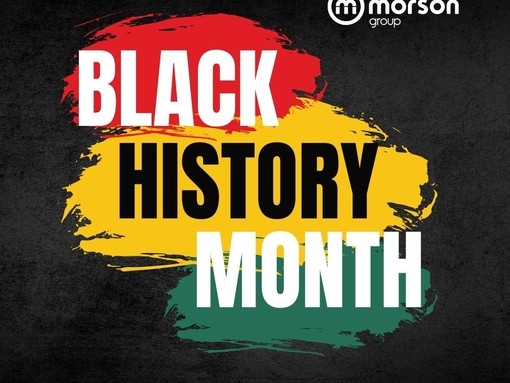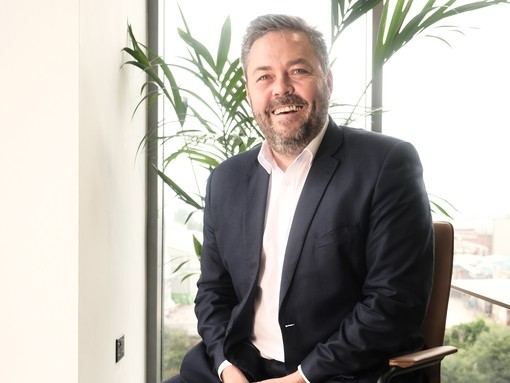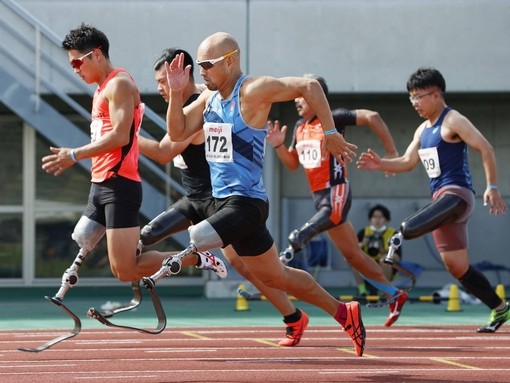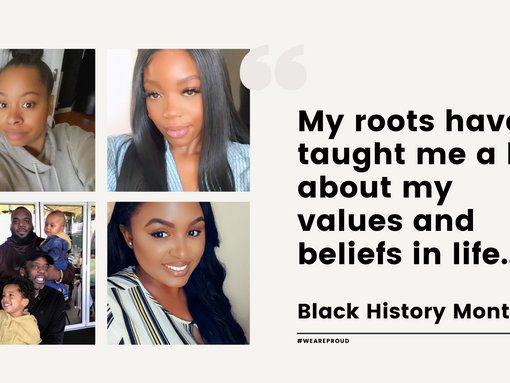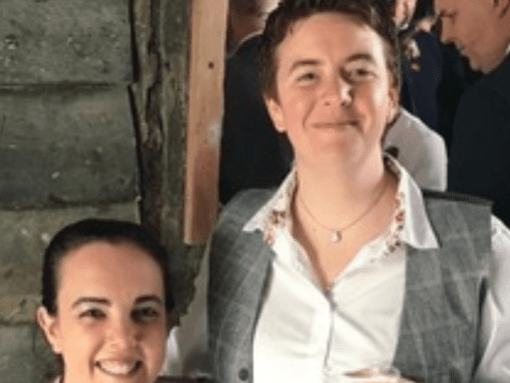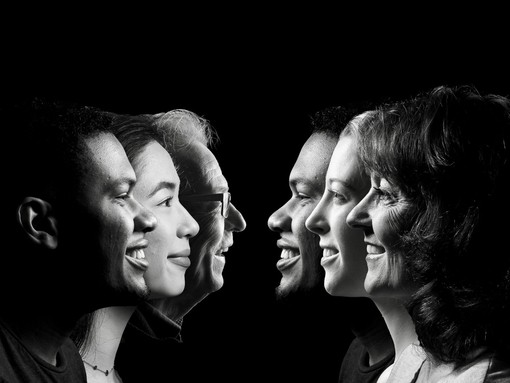LGBT+ History Month: Celebrating diversity and progress
Join Morson in commemorating LGBT+ History Month as we delve into the experiences, challenges and triumphs that have shaped the community throughout history.

In this blog post, we also explore the significance of inclusivity in the workplace, aiming to promote diversity, share inspiring stories, and encourage meaningful conversations within and beyond our organisation, whilst shedding light on the contributions of LGBTQ+ individuals in the field of science and pharmaceuticals, in line with this year’s LGBT+ History Month theme of medicine.
A journey of resilience and courage
The journey of the LGBTQ+ community is marked by resilience, courage, and the relentless pursuit of equality and acceptance. From the early days of clandestine meetings and the formation of underground networks to the ground-breaking legal victories and vibrant public celebrations of more recent times, the narrative of LGBTQ+ history is both complex and inspiring.
The path towards equality has been marked by twists and turns. In the UK, the decriminalisation of homosexuality in 1967 marked a significant turning point, but it was only the beginning of a broader fight for rights and recognition (and in the US, consensual sex acts between same-sex adults were not legalised by the Supreme Court until 2003). Subsequent battles against discrimination and adversity, including the Stonewall riots in 1969 and the AIDS crisis in the 1980s, all played pivotal roles in shaping the community and its allies.
Thankfully, the struggle has not been without its triumphs. In the UK, the introduction of the Equality Act 2010, the legalisation of same-sex marriage in England, Scotland and Wales in 2014, and similar advancements in Northern Ireland in 2020, are testament to the progress that can be achieved through solidarity and perseverance.
A celebration of LGBTQ+ accomplishments
Despite this, the contributions of LGBTQ+ individuals to several fields are still frequently omitted or overlooked, which is why LGBT History Month and events like it are so important. The theme this year is Medicine – #UnderTheScope. At Morson, we provide talent solutions for a number of sectors, including scientific and pharmaceuticals, so we’re excited to highlight the accomplishments of LGBTQ+ individuals in this space. There are many to choose from but here are five we think everyone should know about:
- Dr Alan L Hart (1890-1962)
Dr Hart, an American physician, radiologist, and tuberculosis (TB) researcher, was one of the first transgender men to undergo a hysterectomy in the United States in around 1917, living the remainder of his life as a man. He made significant contributions to TB control, pioneering the use of x-ray photography in TB detection, which saved thousands of lives.
- Cecil Belfield Clarke (1894-1970)
Sir Cecil Belfield Clarke was a distinguished Barbadian-born British physician, surgeon, and politician. He was awarded a scholarship to study medicine at Cambridge University and, after earning his degree, opened a medical practice near the Elephant and Castle in London, where he worked for nearly 50 years. His contributions to medicine include ‘Clark’s rule’, a formula used to calculate the right medicine dosage for children. According to his contemporaries, Clarke was known to be gay and lived with his partner, Pat Walter.
- Oliver Sacks (1933-2015)
Oliver Sacks was a British neurologist, writer, and professor of neurology, renowned for his profound contributions to the understanding of the human mind through the lens of neurological disorders. In New York, he worked with survivors of a sleeping sickness called encephalitis lethargica, treating them with L-dopa and documenting their revivals in a book called Awakenings, which was adapted into a film starring Robin Williams and Robert De Niro in 1990. His best-selling book, “The Man Who Mistook His Wife for a Hat”, explores the personal experiences of patients suffering from neurological disorders.
- Bruce Voeller (1934-1994)
Bruce Voeller was an American biologist, researcher, and LGBTQ+ rights activist, whose contributions significantly impacted both the scientific community and the fight for LGBTQ+ rights. With a Ph.D. in biology, he became a pivotal figure in the early response to the AIDS crisis, researching its transmission and challenging misinformation by advocating for compassionate and science-based approaches to understanding and combating the disease. Voeller also co-founded the National Gay Task Force (now the National LGBTQ Task Force), which has played a critical role in advocating for LGBTQ+ rights in the US.
Dr Levine is an American paediatrician and one of the most visible transgender individuals in the field of medicine. In 2021, she was appointed as the United States Assistant Secretary for Health. Her clinical and public health work has helped people with medical issues ranging from eating disorders to opioid addiction. Levine was named as one of USA Today’s women of the year in 2022.
A rallying cry for diversity and inclusion
The remarkable achievements of these individuals – and countless others – underscores the profound impact that diversity and inclusivity can have on advancing healthcare, scientific discovery, and societal wellbeing. Encouraging diversity and inclusion in the workplace not only fosters an environment where every individual can thrive and contribute their best work but also ensures a broader range of experiences and ideas are brought to bear on solving complex challenges. It is only when people are supported and encouraged to be themselves that we can tap into the full spectrum of human talent and continuing to make advancements across all industries and sectors.
A moment for reflection and resolution
As we honour LGBT History Month, it’s crucial to remember that the history of the LGBTQ+ community is an integral part of our collective human history. It’s a story of individuals and groups who, despite facing adversity, have made substantial contributions not only to the field of medicine but to every aspect of society. By acknowledging their struggles and celebrating their achievements, we honour their legacy and reinforce our commitment to fostering an inclusive and diverse workplace and world.
To find out more about how our ED&I consultancy can help your business, click here

